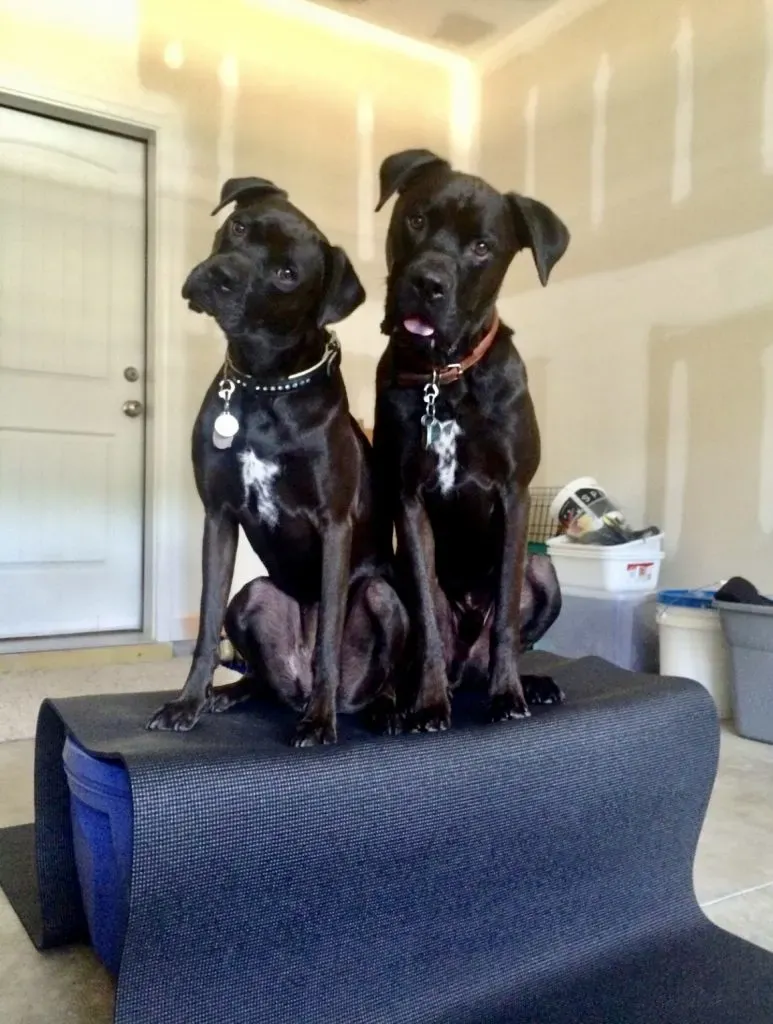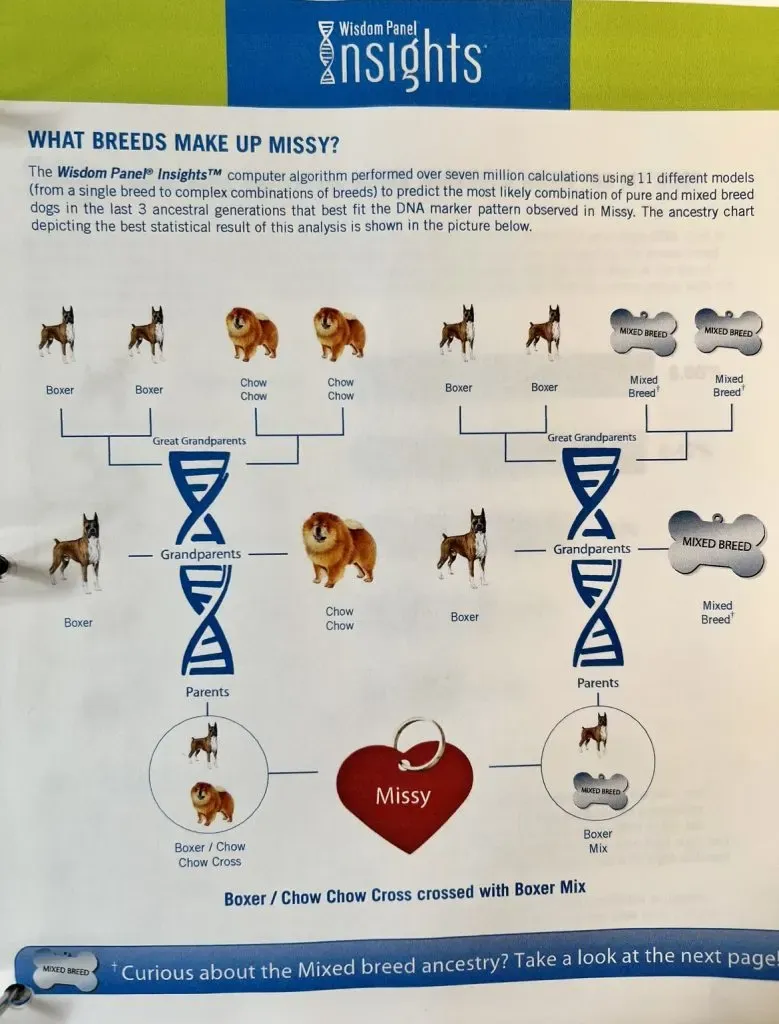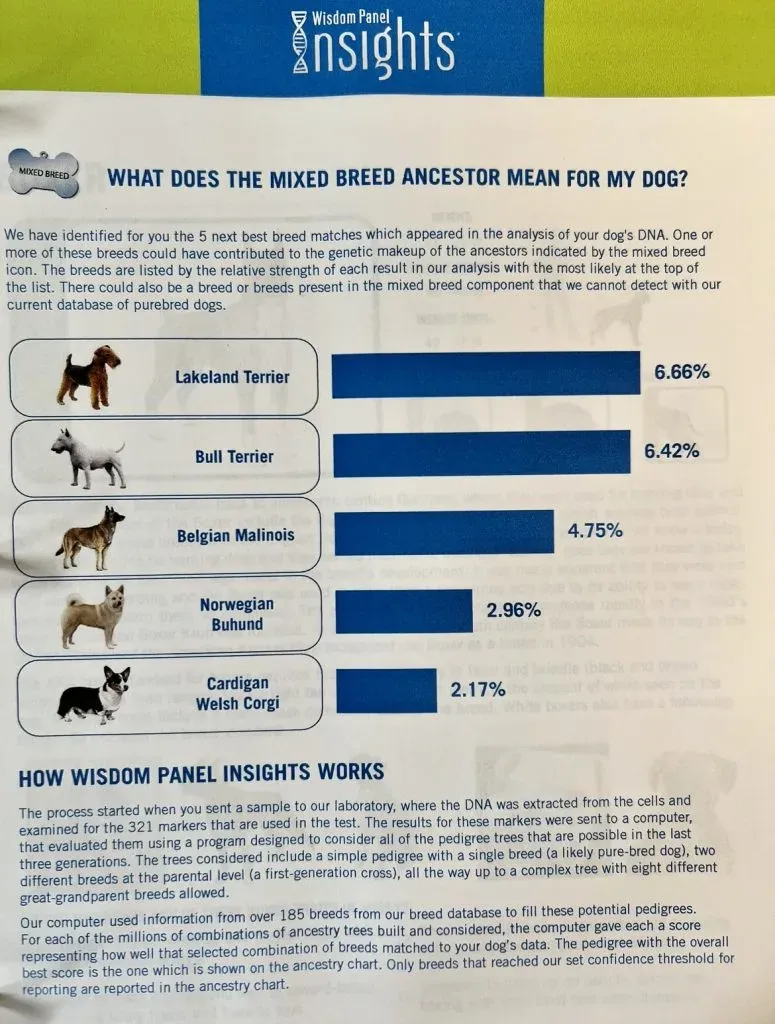Welcoming a canine companion into your golden years can bring immense joy, unconditional love, and even significant health benefits. For many seniors, a dog is more than just a pet; it’s a loyal friend, a reason to stay active, and a comforting presence. When considering a new furry family member, mixed breed dogs often emerge as an excellent choice, offering a unique blend of traits, robust health, and individual personalities. This article will guide you through what makes a mixed breed dog ideal for seniors and highlight some of the Best Mixed Breed Dogs For Seniors, helping you find the perfect match for your lifestyle.
What Makes a Mixed Breed Dog Ideal for Seniors?
Choosing the right dog is crucial, especially for seniors whose needs and capabilities might differ from younger owners. Mixed breed dogs, often affectionately called “mutts,” possess several qualities that can make them exceptionally well-suited for older adults.
Diverse Temperaments and Personalities
Unlike purebreds, whose temperaments are generally predictable based on breed standards, mixed breeds offer a wide spectrum of personalities. This diversity allows for a better chance of finding a dog whose disposition perfectly matches a senior’s calm demeanor, desire for companionship, or even an active lifestyle. Many mixed breeds are known for their gentle, affectionate, and patient nature, which are highly desirable traits for older owners.
Hybrid Vigor and Improved Health
One of the most significant advantages of mixed breed dogs is “hybrid vigor” or heterosis. This phenomenon suggests that mixed breeds tend to be healthier and more genetically diverse than many purebreds, which often suffer from breed-specific inherited diseases due to limited gene pools. A healthier dog means fewer vet visits and potentially lower long-term medical costs, which can be a relief for seniors on fixed incomes. While all dogs require regular veterinary care, the reduced risk of certain genetic conditions can contribute to a more stress-free ownership experience.
Adaptability and Manageable Energy Levels
Many mixed breeds available for adoption are often a blend of smaller or medium-sized parent breeds, resulting in dogs with moderate energy levels that can easily adapt to various living situations, including apartments or smaller homes. For seniors, a dog that requires excessive, high-impact exercise might be challenging to manage. Mixed breeds that are content with daily walks and indoor play are often a better fit. Look for dogs known to have calm, adaptable traits from their parent breeds. When considering canine companions, particularly for older adults, it’s worth exploring the options of best small mixed breed dogs for seniors as they often present ideal characteristics such as manageable size and lower energy requirements.
Lower Grooming Needs
Some mixed breeds inherit coats that are low-shedding or require minimal grooming, which can be a significant benefit for seniors who may have difficulty with the physical demands of extensive brushing, bathing, or professional grooming appointments. While not all mixed breeds are low-maintenance, careful selection can lead to a dog whose grooming needs align with the owner’s capabilities.
 A content Feist mixed breed dog resting on a soft blanket, ideal for senior companionship.
A content Feist mixed breed dog resting on a soft blanket, ideal for senior companionship.
Top Mixed Breed Dogs for Seniors (Low-to-Medium Energy & Maintenance)
For seniors seeking a calm, loving companion that doesn’t demand excessive physical activity or complex care, several mixed breeds stand out. These dogs are generally good-natured, have manageable exercise requirements, and often shed minimally, making them perfect for a comfortable home life.
- Peekapoo (Pekingese & Poodle Mix): This delightful mix combines the affectionate and often regal nature of the Pekingese with the intelligence and low-shedding coat of the Poodle. Peekapoos are typically small, loving, and relatively quiet, content with indoor play and short, leisurely strolls. Their hypoallergenic qualities can also be a plus for seniors with allergies.
- Cav-A-Malt (Cavalier King Charles Spaniel & Maltese Mix): A Cav-A-Malt is known for its sweet disposition, gentle nature, and desire for cuddles. Both parent breeds are famous for being wonderful companion dogs, making this mix highly adaptable and eager to please. They are typically small, affectionate, and require moderate exercise, making them ideal lap dogs for seniors.
- Maltipoo (Maltese & Toy/Miniature Poodle Mix): Maltipoos are small, charming, and highly intelligent dogs that thrive on human companionship. Their Poodle heritage often contributes to a low-shedding coat, which is great for seniors concerned about cleanliness or allergies. These cheerful dogs are easily trained and enjoy moderate playtime, fitting well into a senior’s routine.
- Cav-A-Chon (Cavalier King Charles Spaniel & Bichon Frisé Mix): Combining the loving nature of the Cavalier with the playful, cheerful spirit of the Bichon Frisé, the Cav-A-Chon is an endearing and social dog. They are known for their gentle temperament, making them excellent companions for seniors and even visiting grandchildren. They are typically low-shedding and require moderate daily activity.
- Corgi-Bichon (Cardigan Welsh Corgi & Bichon Frisé Mix): This mix can offer the sturdy build and playful energy of the Corgi balanced with the Bichon’s cheerful disposition and fluffy, low-shedding coat. They are intelligent and active enough to enjoy short walks but also love relaxing indoors, making them versatile companions for seniors who want a bit of both worlds.
Choosing a smaller dog can significantly enhance the comfort and safety for seniors, as they are easier to handle and less likely to cause accidental falls. For those exploring even tinier companions, delving into the best toy dog breeds for seniors can provide further tailored insights into suitable petite pals. Similarly, miniature breeds offer a perfect balance of portability and companionship. Discovering the best miniature dogs for seniors can help pinpoint breeds that are both charming and manageable for older adults.
Mixed Breed Dogs for Active Seniors
For seniors who enjoy an active lifestyle, perhaps daily walks, light hiking, or even regular trips to the dog park, there are mixed breeds that can keep pace without being overly demanding. These dogs often offer a bit more energy and enthusiasm while retaining desirable companion traits.
- Labradoodle (Labrador Retriever & Poodle Mix): Known for their friendly disposition, intelligence, and often hypoallergenic coats, Labradoodles make fantastic companions for active seniors. They are eager to please and enjoy regular exercise, making them great partners for daily walks or jogs. Their joyful nature can bring immense happiness and encouragement to stay active.
- Goldador (Golden Retriever & Labrador Retriever Mix): A Goldador combines the best traits of two beloved breeds: the Golden Retriever’s gentle nature and the Labrador’s friendly, outgoing personality. These dogs are intelligent, highly trainable, and devoted companions. They thrive on activity and interaction, making them perfect for seniors who enjoy spending time outdoors.
- Shorkie (Shih Tzu & Yorkshire Terrier Mix): While typically smaller, Shorkies can be surprisingly energetic and playful. They possess the Shih Tzu’s loving nature and the Yorkie’s spirited personality. For active seniors who prefer a smaller dog but still want a lively companion for walks and games, a Shorkie can be an excellent choice. They are highly adaptable to apartment living but love their outdoor adventures.
 Two black mixed breed dogs sitting calmly, showcasing the diverse beauty of hybrid dog breeds suitable for seniors.
Two black mixed breed dogs sitting calmly, showcasing the diverse beauty of hybrid dog breeds suitable for seniors.
Important Considerations Before Adopting a Mixed Breed Dog for Seniors
While the promise of a loving companion is exciting, careful consideration is essential to ensure a successful match for both the senior and the dog.
Lifestyle Match
Honestly assess your current and projected activity levels. How much time can you realistically dedicate to walks, playtime, and training? If you’re a homebody, a high-energy dog might lead to frustration for both of you. Conversely, an active senior might find a very sedentary dog less engaging. Consider what you are looking for in a companion.
Size and Strength
A small to medium-sized dog is often the most practical choice for seniors. They are easier to lift, manage on a leash, and less likely to accidentally knock someone over. A dog that’s too strong can pose a tripping hazard or be difficult to control if they pull on the leash.
Grooming and Health Needs
Even low-maintenance dogs need regular grooming. Can you manage basic brushing, nail trims, and occasional baths? Factor in the potential costs and physical effort of professional grooming if needed. Additionally, understanding general dog health is crucial; for instance, knowing how to help elderly dogs lose weight can be vital if you adopt an older dog with existing conditions. Regular veterinary check-ups are non-negotiable for all dogs, and especially important for older pets.
Training and Socialization
Even the best-tempered dog benefits from basic obedience training and proper socialization. Consider your ability to manage training, either at home or with a professional. A well-behaved dog is a joy, while an unruly one can be a source of stress.
Financial Commitment
Beyond the initial adoption fee, owning a dog involves ongoing costs for food, treats, toys, veterinary care (including emergencies), grooming, and potential boarding or pet-sitting services. Ensure your budget can comfortably accommodate these expenses.
Future Care Planning
It’s a sensitive but important topic: What if your own health declines, making it difficult to care for your dog? Having a plan in place with family or trusted friends for your pet’s future care can provide peace of mind.
Adopting an Older Mixed Breed
Don’t overlook the incredible benefits of adopting an older mixed breed dog. Mature dogs often come house-trained, are past the energetic puppy stage, and their personalities are already well-formed. They are often incredibly grateful for a second chance and can be wonderfully calm companions. For those specifically looking to welcome a more mature companion, resources like older dogs for sale near me can help connect you with deserving dogs seeking forever homes.
The Value of Dog DNA Tests for Seniors
While you might fall in love with a mixed breed at first sight, understanding their genetic makeup can provide valuable insights, especially for seniors. Dog DNA tests are not just for curiosity; they can be a practical tool.
A DNA test screens for various dog breeds in your mixed-breed pup’s lineage, offering a comprehensive family tree. For seniors, this knowledge can be particularly helpful:
- Predicting Size and Energy: If a rescue dog’s history is unknown, a DNA test can give clues about its likely adult size and potential energy levels, helping you prepare for its needs.
- Anticipating Health Issues: Some DNA tests can identify predispositions to certain breed-specific health conditions. Knowing this in advance allows seniors to be proactive with preventive care and discuss potential risks with their veterinarian, potentially saving on unexpected medical bills.
- Understanding Temperament: While not definitive, identifying parent breeds can offer clues about potential temperament traits. For example, knowing a dog has a percentage of a guarding breed might mean they are more protective, while a retriever mix might be more eager to please.
 Close-up of Missy, a mixed breed dog, highlighting the unique features discovered through a dog DNA test for senior owners.
Close-up of Missy, a mixed breed dog, highlighting the unique features discovered through a dog DNA test for senior owners.
For example, our past Boxer mixes, Missy and Buzz, revealed an incredibly diverse genetic makeup through a DNA test, including Chow-Chow, Lakeland Terrier, and even Belgian Malinois DNA! This information, while surprising, helped us understand certain behaviors and health considerations that might not have been evident just by looking at them.
 Results of a Wisdom Panel DNA test for a mixed breed dog, aiding seniors in understanding their pet's genetic background.
Results of a Wisdom Panel DNA test for a mixed breed dog, aiding seniors in understanding their pet's genetic background.
These tests are typically easy to use, requiring just a cheek swab, and results are usually available within a few weeks. They range in price and features, so research different brands to find one that suits your needs.
Conclusion
Choosing the best mixed breed dogs for seniors involves careful consideration of your lifestyle, preferences, and ability to provide care. From calm lap companions to more active partners for daily adventures, the world of mixed breeds offers an incredible array of choices. Their hybrid vigor often contributes to better health, and their unique personalities bring immeasurable joy.
Remember, the “best” dog is always the one that fits seamlessly into your life, bringing companionship and comfort without adding undue stress. Take your time, do your research, and consider adopting an older dog from a shelter. If you’re curious about a potential pet’s background, a dog DNA test can offer valuable insights into their heritage and potential needs. A loving mixed breed dog can truly enhance your golden years, offering unwavering loyalty and a wagging tail to brighten every day.
